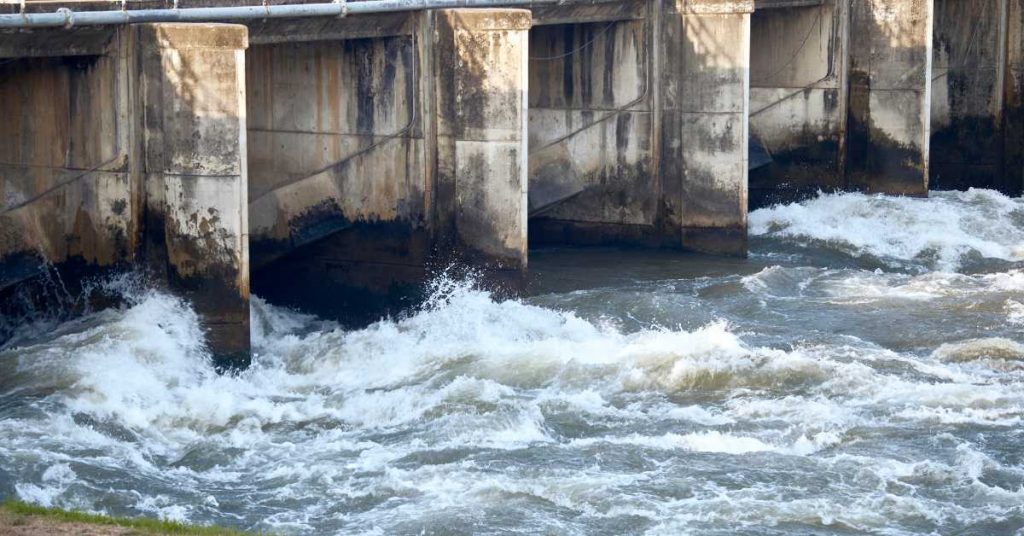
Are you fascinated by the renewable energy industry? If so, hydroelectric power careers may be for you. When you work at a hydroelectric plant or another job within the field, you can use your knowledge to fuel sustainability in a powerful way, supporting eco-friendly economic development.
Numerous job opportunities exist within this field, especially as the sustainability movement continues gaining traction. Below, we discuss the educational path you’ll need to take for hydroelectric power careers, plus the different jobs you can join once you finish your schooling.
What Should You Major In?
If you’re interested in becoming a hydroelectric engineer, you must obtain a bachelor’s degree in a related field.
Everglades University offers a Bachelor of Science degree with a major in Land and Energy Management for students aspiring to go into a hydroelectric power career. In this major, you can learn about numerous managerial topics, technical skills relating to land and energy, and occupational subjects. The curriculum places a heavy emphasis on a range of relevant sustainability topics, including the following:
- Oil, energy, and gas geopolitics
- Data analysis
- Energy policies
- Solar energy
- Nuclear energy
- Land-use planning
- Hydroelectric energy
- Propane and natural gas
- Wind energy
- Geothermal energy
- Environmental justice and communications
- And more
After completing the undergraduate program, you may also choose to continue in higher education, where you can specialize in topics that will enhance your career opportunities.
Exploring Hydroelectric Power Careers
Hydroelectric power careers typically revolve around designing, constructing, and maintaining efficient systems, such as hydroelectric power plants, for generating electrical energy from water sources. Many roles are required to keep such high-tech equipment and systems in operation. Common jobs in the hydroelectric field include the following:
- Plant designers: Plant designers work with scientists, researchers, and architects to create efficient models for converting water sources into sustainable energy. Not only will you design concepts, but you will also pitch them in front of boards and create realistic mechanisms for bringing them to life.
- Plant engineers: Plant engineers work with designers on the construction of a plant to develop and oversee the technical aspects of the plant’s processes. Engineers may find ways to improve how the system operates, inspect components for safety purposes, and more.
- Plant technicians: Technicians or operators are in charge of ensuring the plant continues operating correctly. If anything requires maintenance or repairs, the technician or operator performs the necessary tasks.
- Plan managers: Plant managers oversee everything from delegating tasks and scheduling employees to managing the budget.
Your Future Starts Today
If you’re interested in a hydroelectric power career, apply online to Everglades University today to begin your Bachelor of Science degree with a major in Land and Energy Management.
